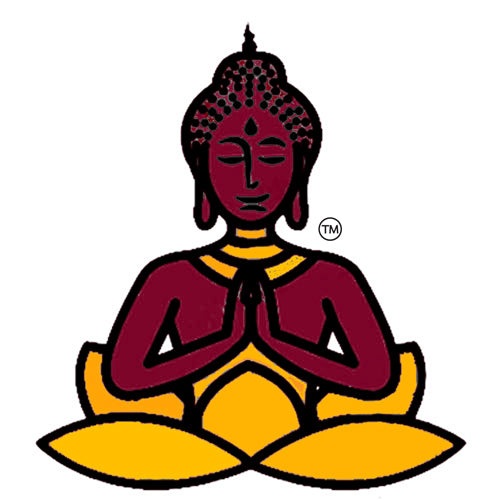Buddha’s teachings
Teilen
Buddha’s teachings enable us to experience lasting happiness. By using the appropriate meditations, our knowledge turns into direct experience and secures attained levels of consciousness. The goal of Buddha’s teachings is the full development of body, speech and mind and therefore to end all earthly suffering.
Buddha found the causes of suffering in life. He knew where he needed to go, his destination was to put an end to human suffering. He defined suffering and concluded we have four major sufferings in our lives: birth, old age, illness and death. Learning about what causes our suffering, leads us to think about whether we can control any of its sources. Siddartha was surprised by the fact that naming his sufferings was not enough. He dug deeper and wanted to know why birth, illness, aging and death bring suffering. Three major answers came to Buddha. We suffer because we cannot keep what we have, what we want. This creates attachment, and attachment creates suffering. We suffer because we get what we don’t want, because we face and deal with what we don’t like. Resistance to what is, becomes another way we suffer.

Most importantly, we suffer because we are kept in a delusional state of ignorance, we are not aware of the truth.
Ignorance can be understood as the most important origin of suffering. This is because there are people who get in touch with the truth, who see it, even experience it, yet reject it. The truth is not always comfortable. Not only is the truth hard, but admitting to your shortcomings is even harder. Admitting a shortcoming can be compared to getting punched in the face. It’s easy to admit another’s fault because this frees you from responsibility, but think about the times when you were confronted by a shortcoming. And how you responded, and how sometimes it took you weeks, or even months to realise that you were wrong.
The teachings of Buddhism have remained a liberating gift to mankind for the last 2,500 years, without any gods or commandments, they have enabled people to benefit both others and themselves.
The goals of Buddhism – Liberation and Enlightenment
Liberation means the awareness of body, thoughts, and feelings being in a constant state of change. Therefore, there is no basis for a real existing ego or “self.” Realizing this, one no longer feels like a target and stops taking suffering personally. Enlightenment is the second and ultimate step. Here, the clear light of mind radiates through every experience. One realizes that what is seen and the act of seeing are interdependent parts of the same totality. In every moment, mind enjoys its self-arisen abilities and everything becomes spontaneous and effortless.
Buddha taught the path that frees you from suffering
Buddha designed a path divided into three parts, that would make the final eightfold path.
The path sums up eight stages that would lead to freeing the person from suffering. It develops the person´s virtue, and talks about the exercises that improve this. The person’s mind and faculties of thinking, that are developed by meditation. And finally, the person’s wisdom that deals with the world in a way that encourages temperance. Wisdom, is the development of the inner self. It is the part that lifts the person up to Nirvana. It’s where we do the right thing because we can no longer live in any other way.
In the second part of the mind, you work on developing focus, impulsivity, and dealing with your unconscious programming. This will facilitate your ability to do the right thing because you now have the will power to control your “self”. This allows you to act virtuously. When you do the right thing because it is right, your brain, your heart, yourself are all aligned with the good. The wrong is not an option anymore.
At this point suffering stops. The next teaching is opening your eyes and seeing the real reality. It is to be awakened and finally enlightened. It is the cessation of suffering that comes with Nirvana.
Karma — Cause and Effect
Karma means cause and effect. It does not mean fate. The understanding that each of us is responsible for our own lives makes it possible to generate positive impressions consciously. This brings happiness and helps us to avoid the causes of future suffering.
A positive state of mind may be strengthened effectively, while negative impressions waiting to mature can be transformed into wisdom
